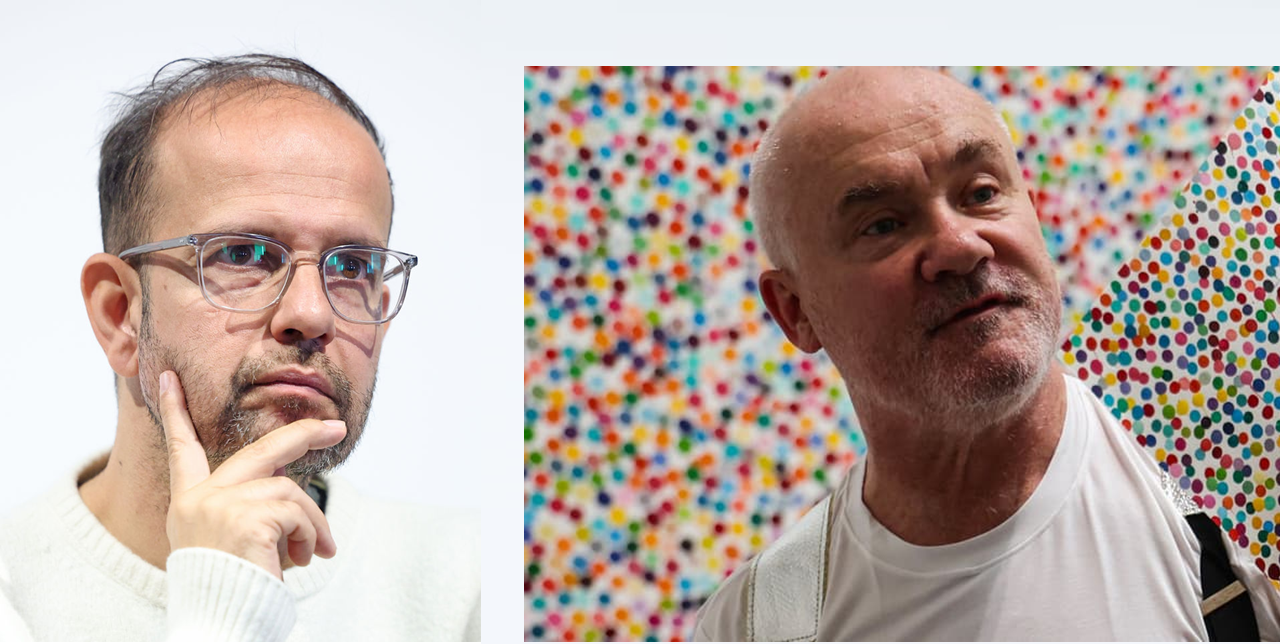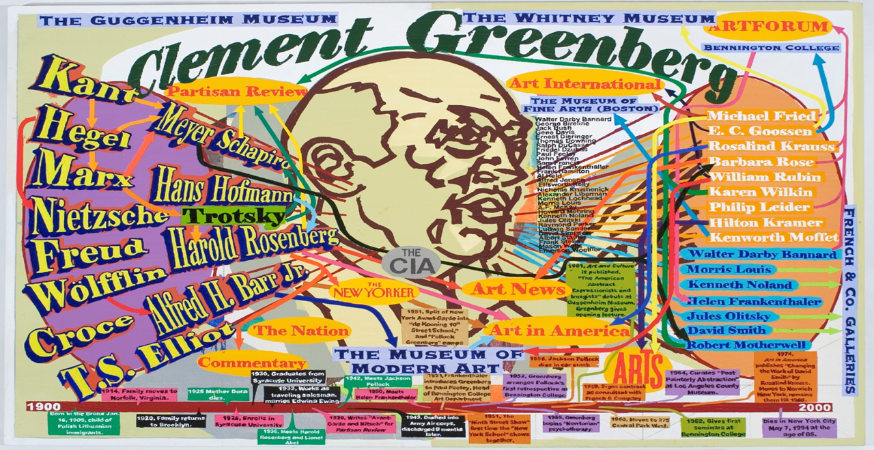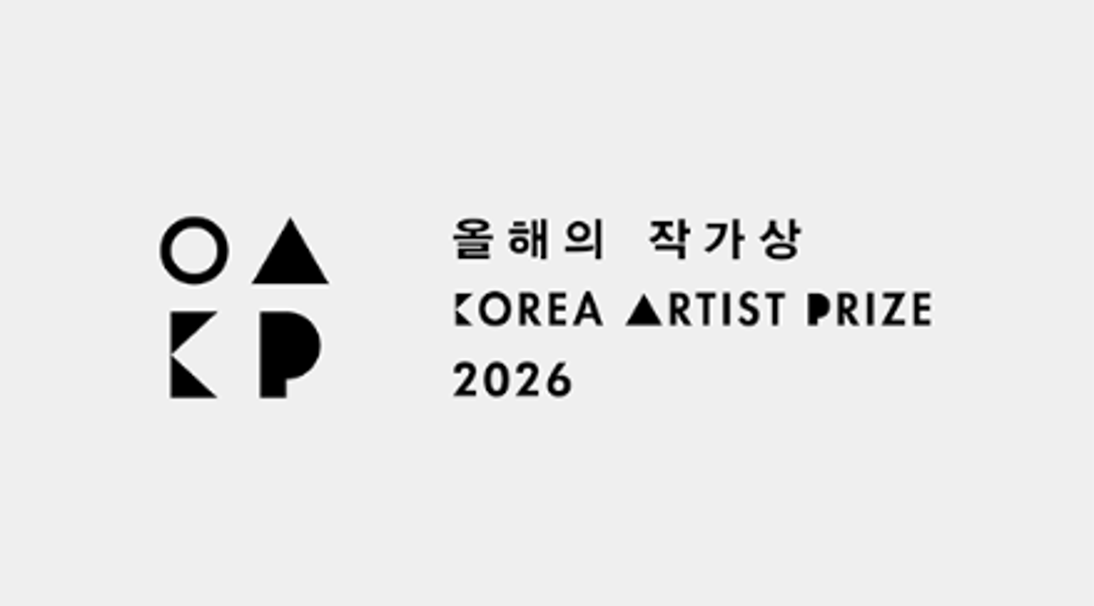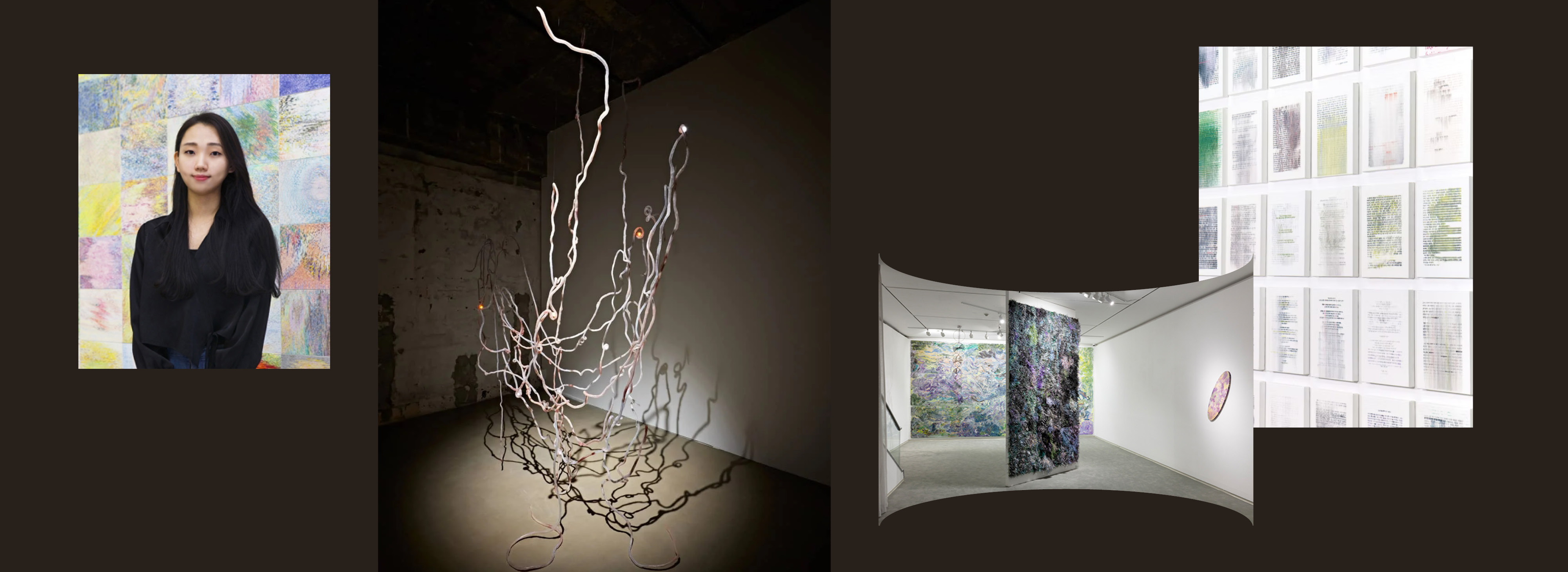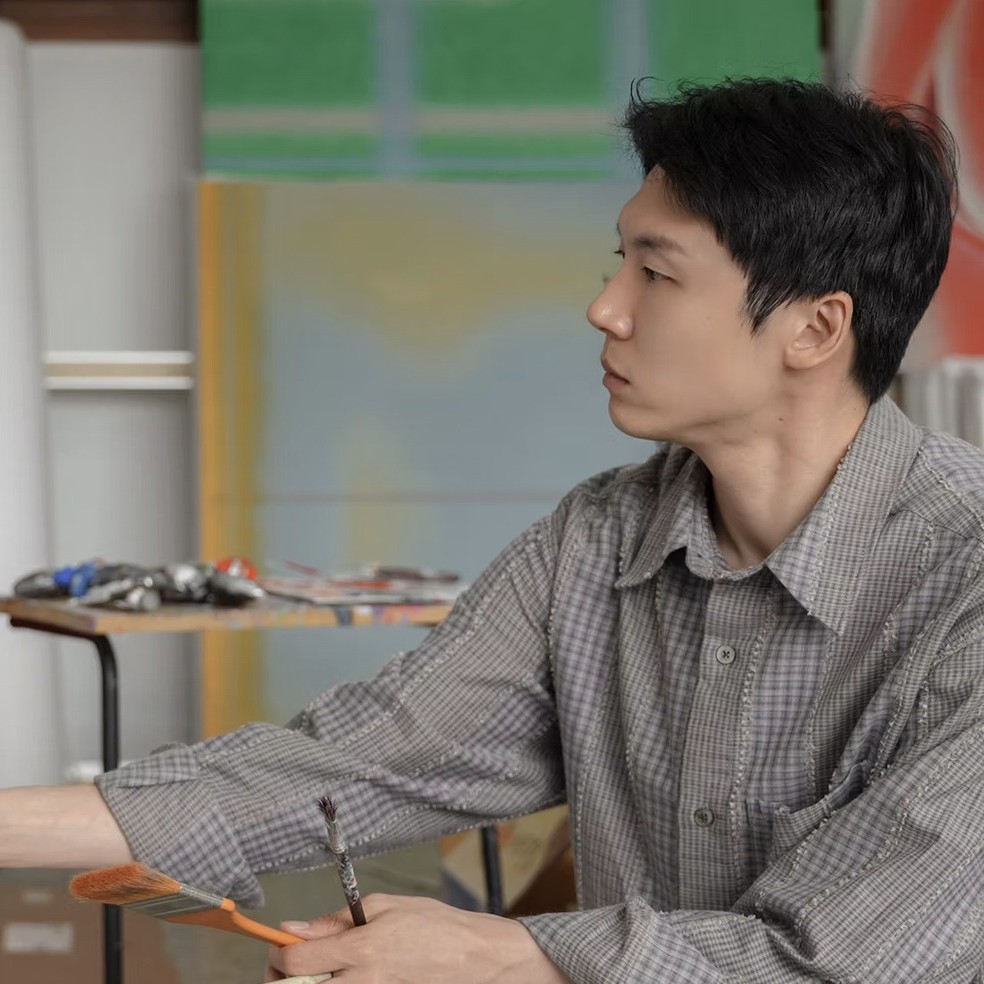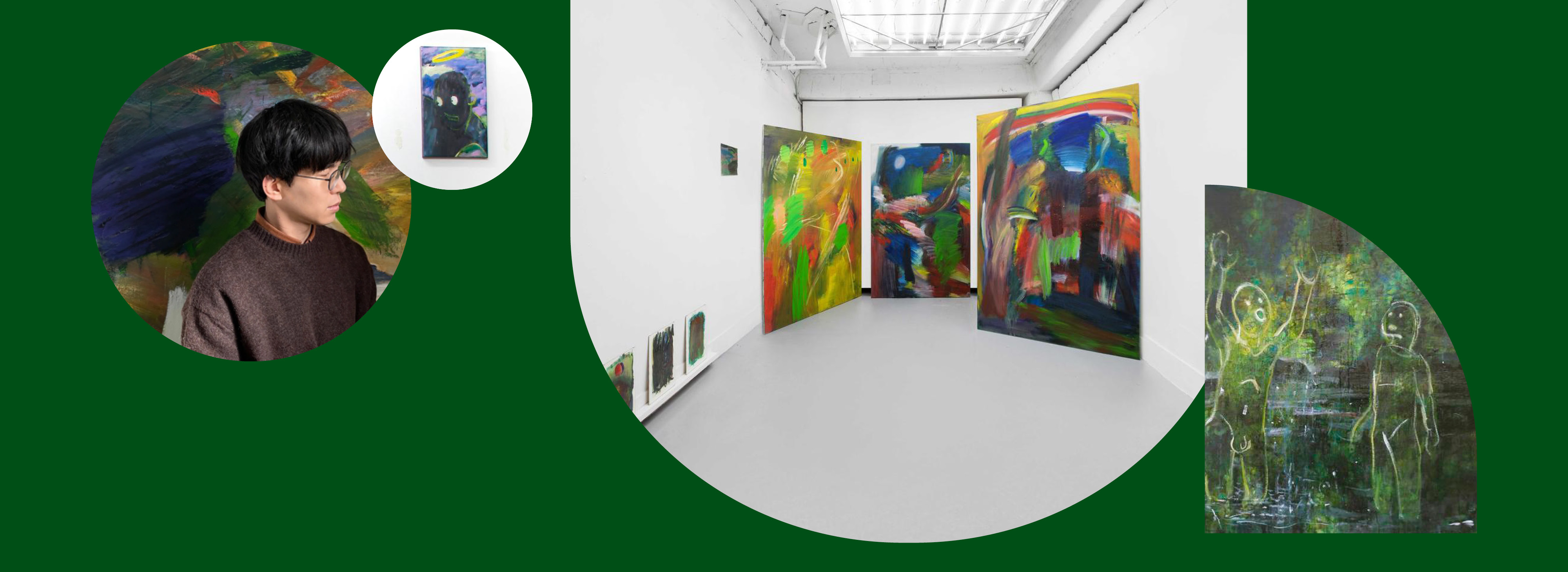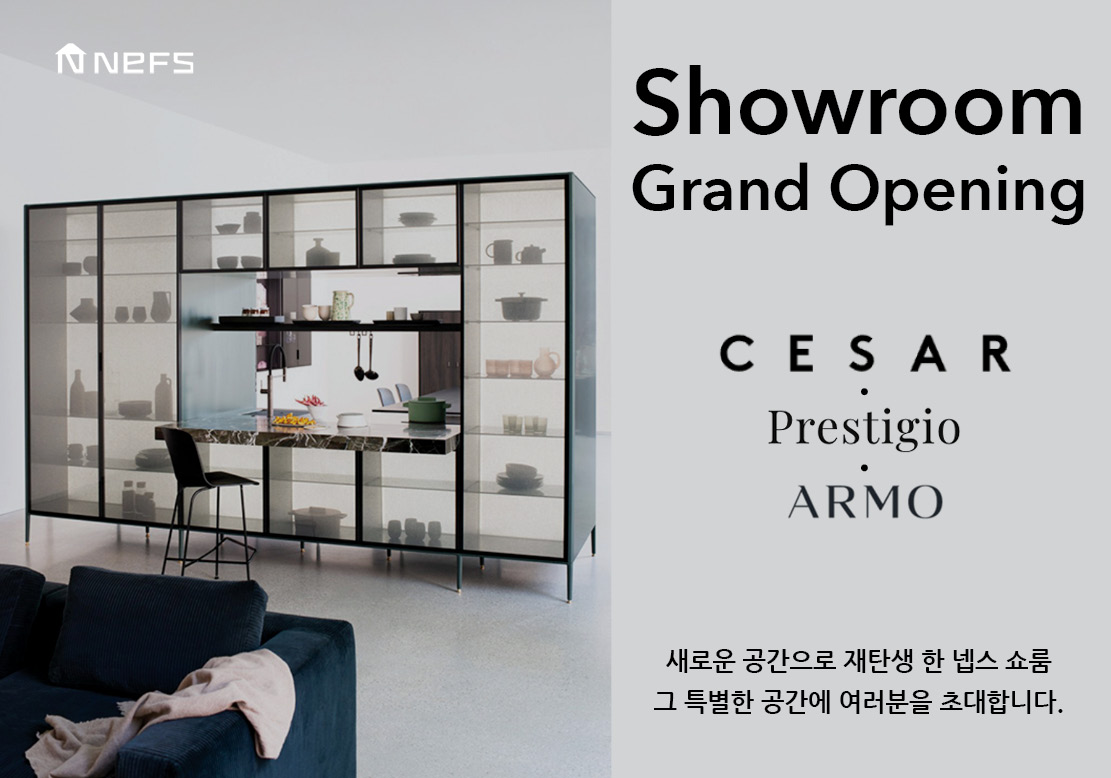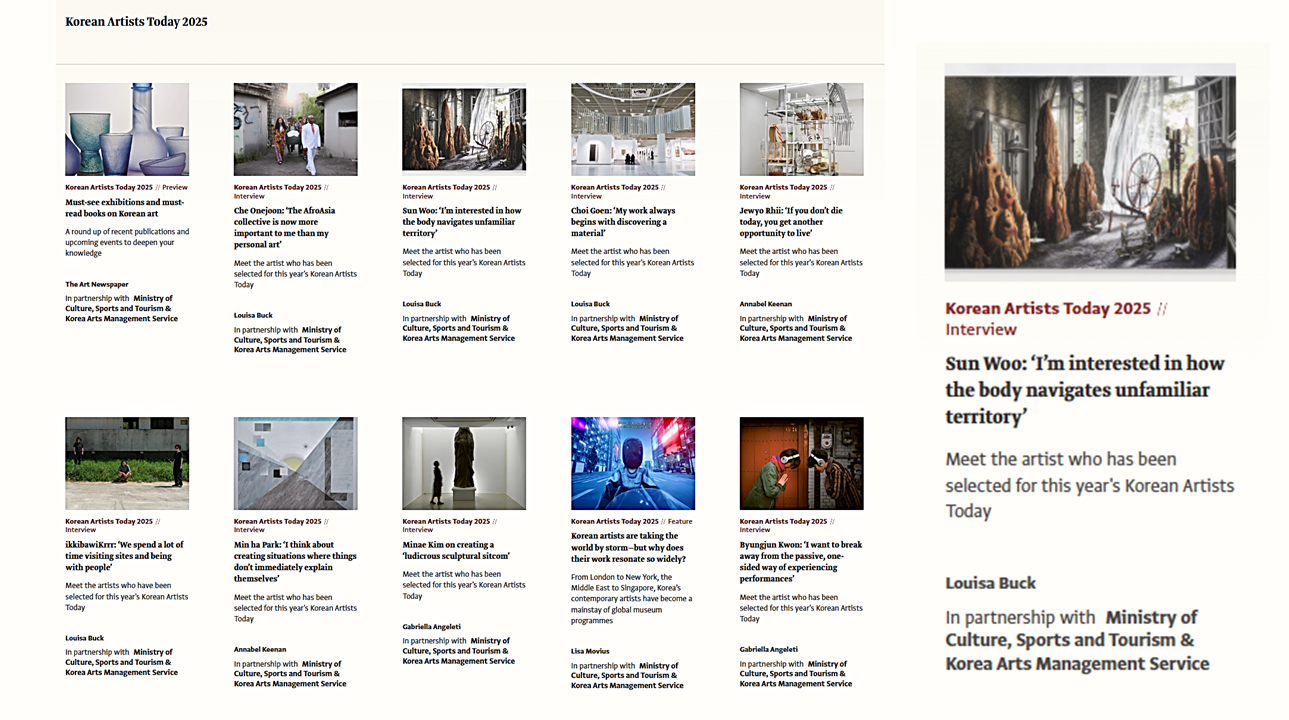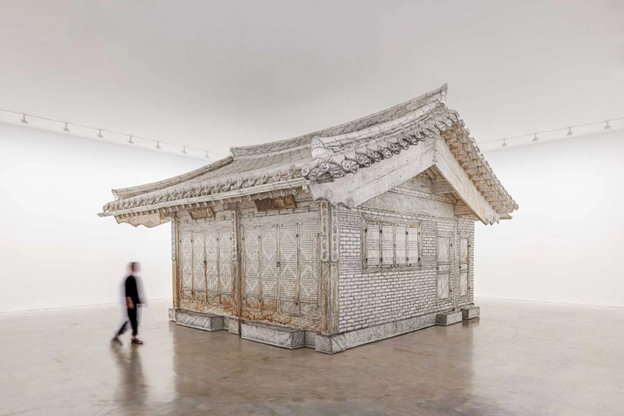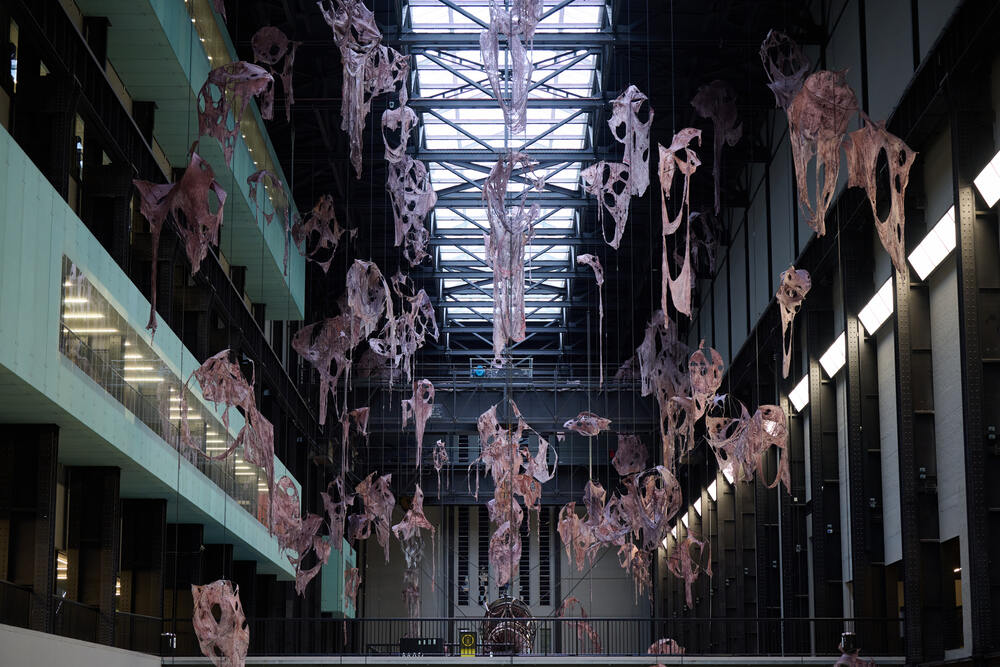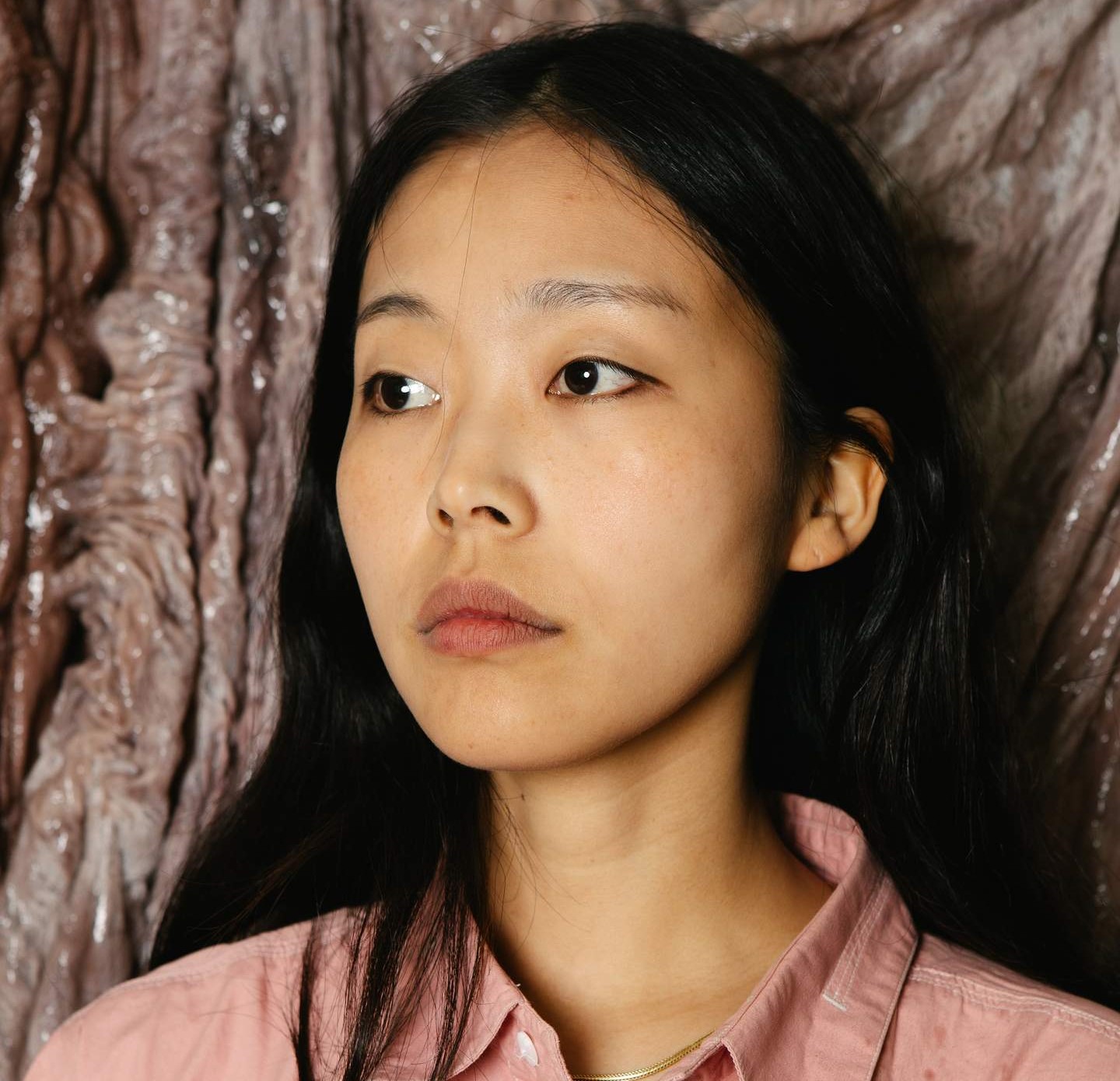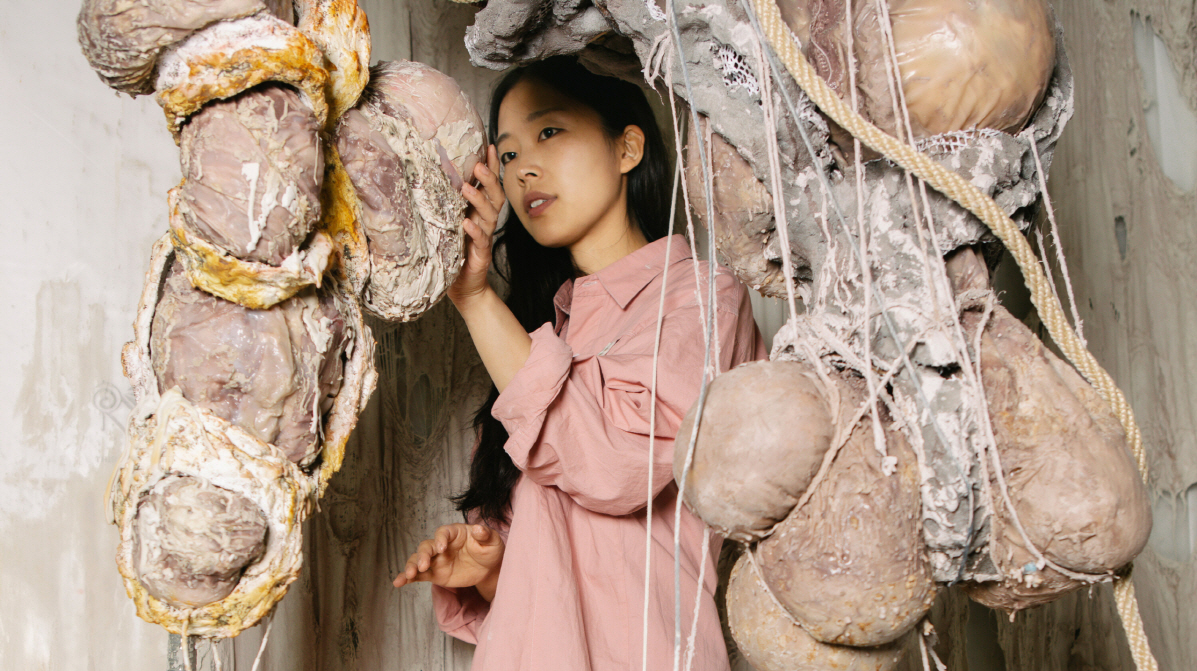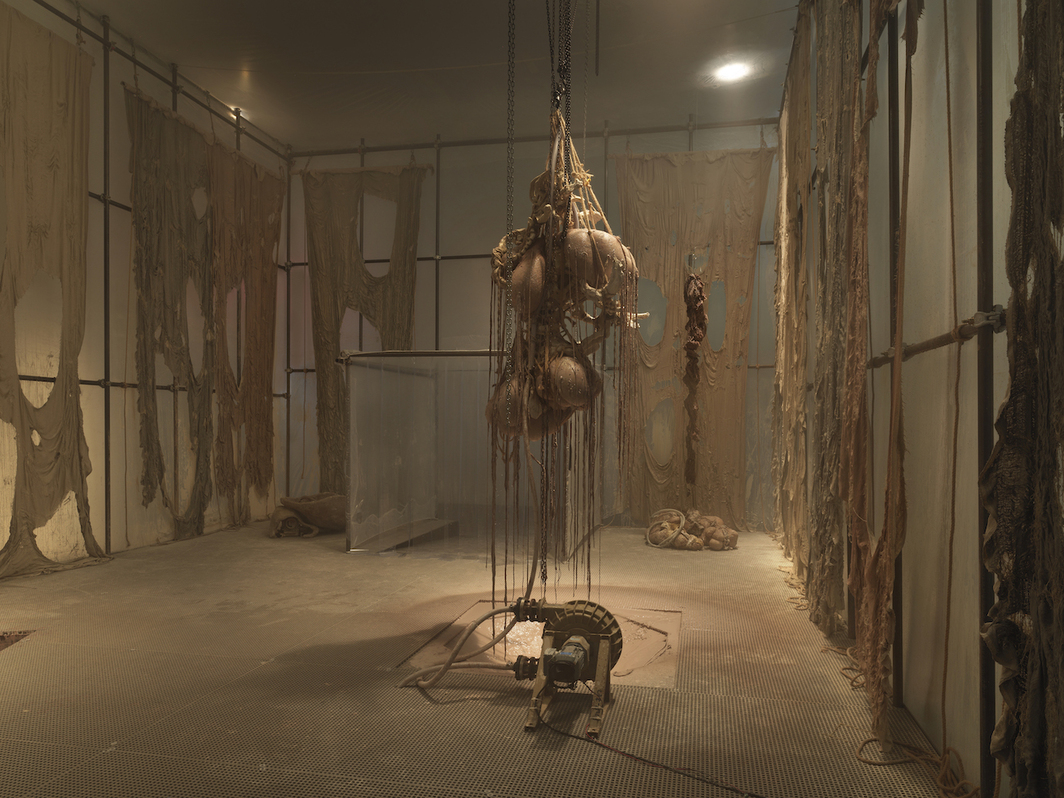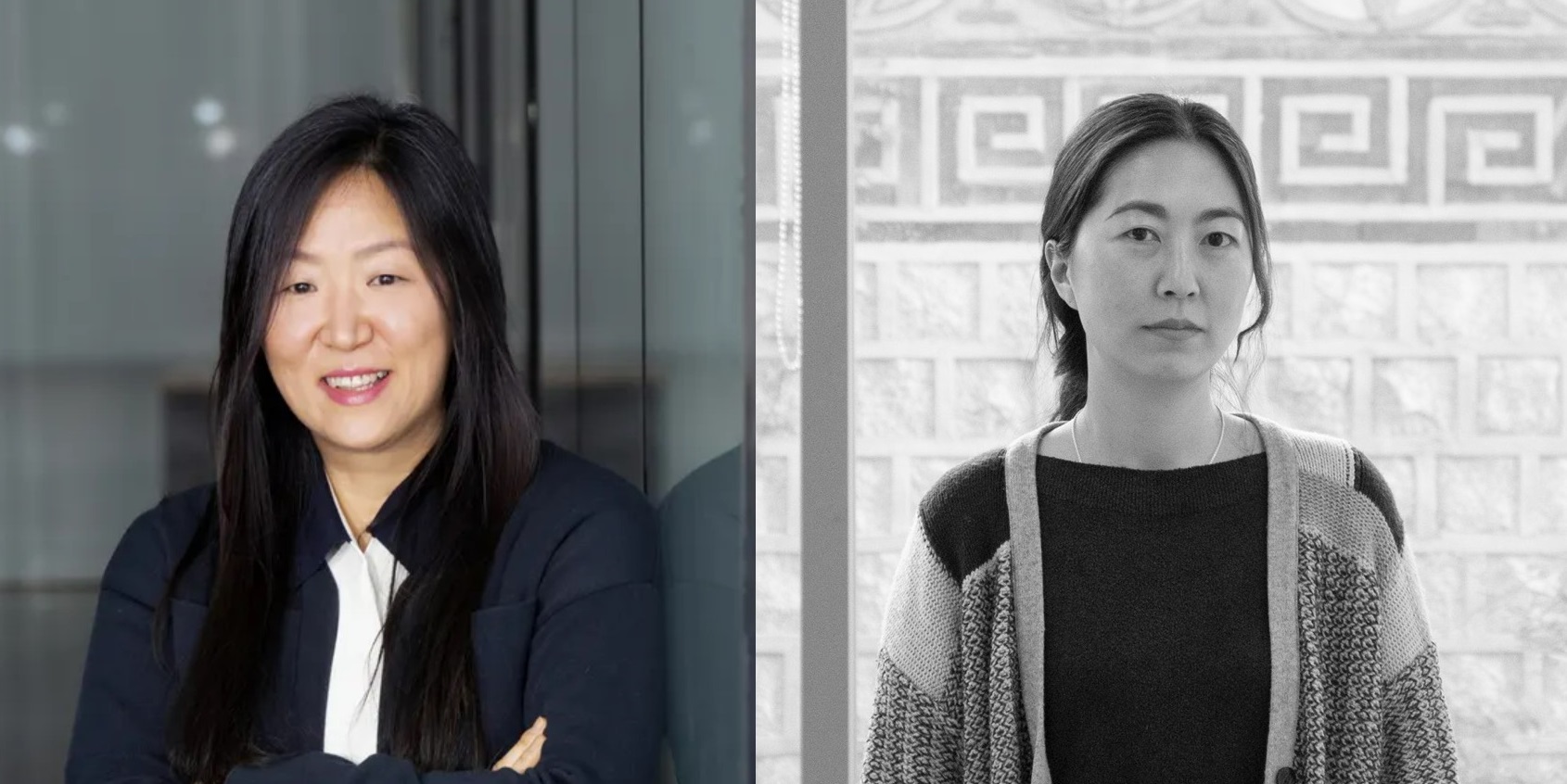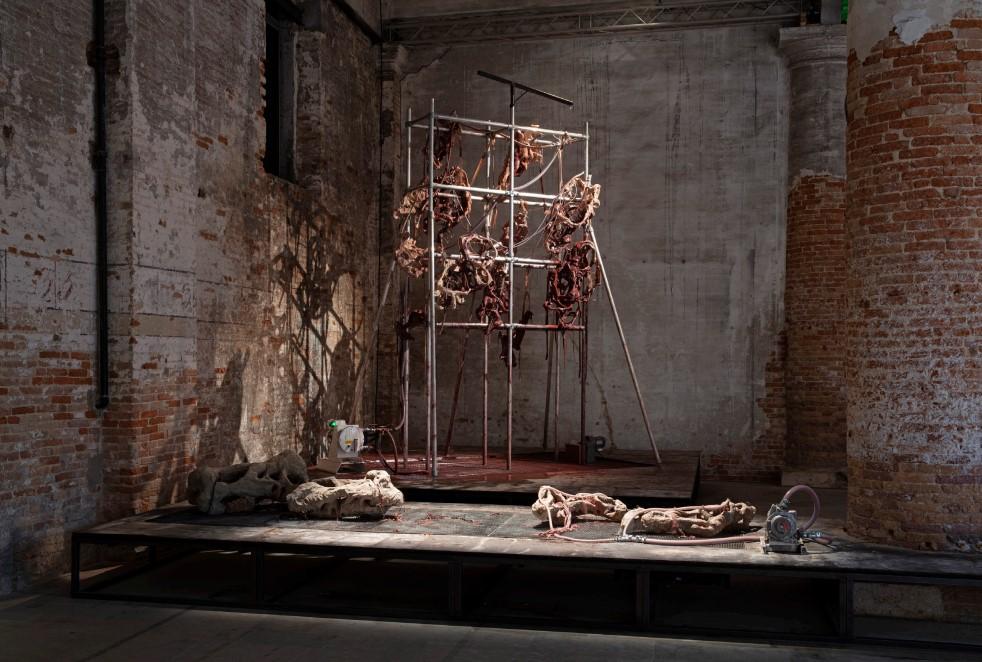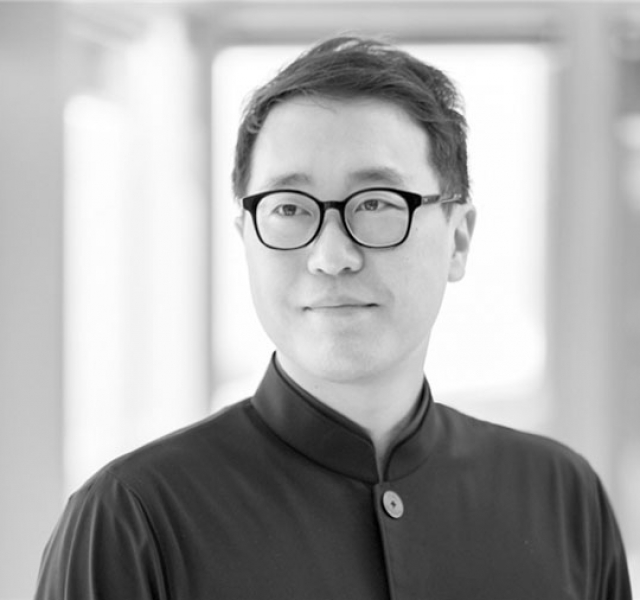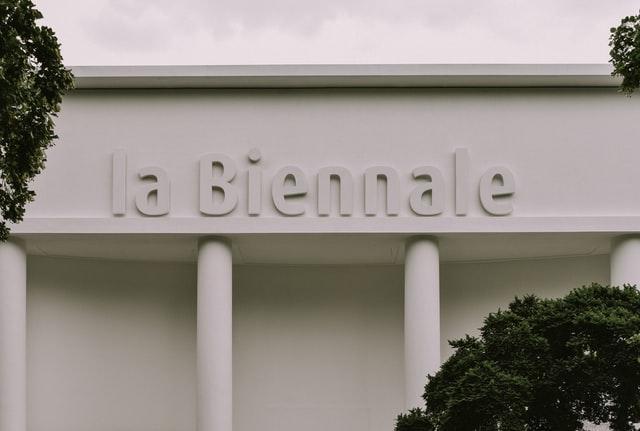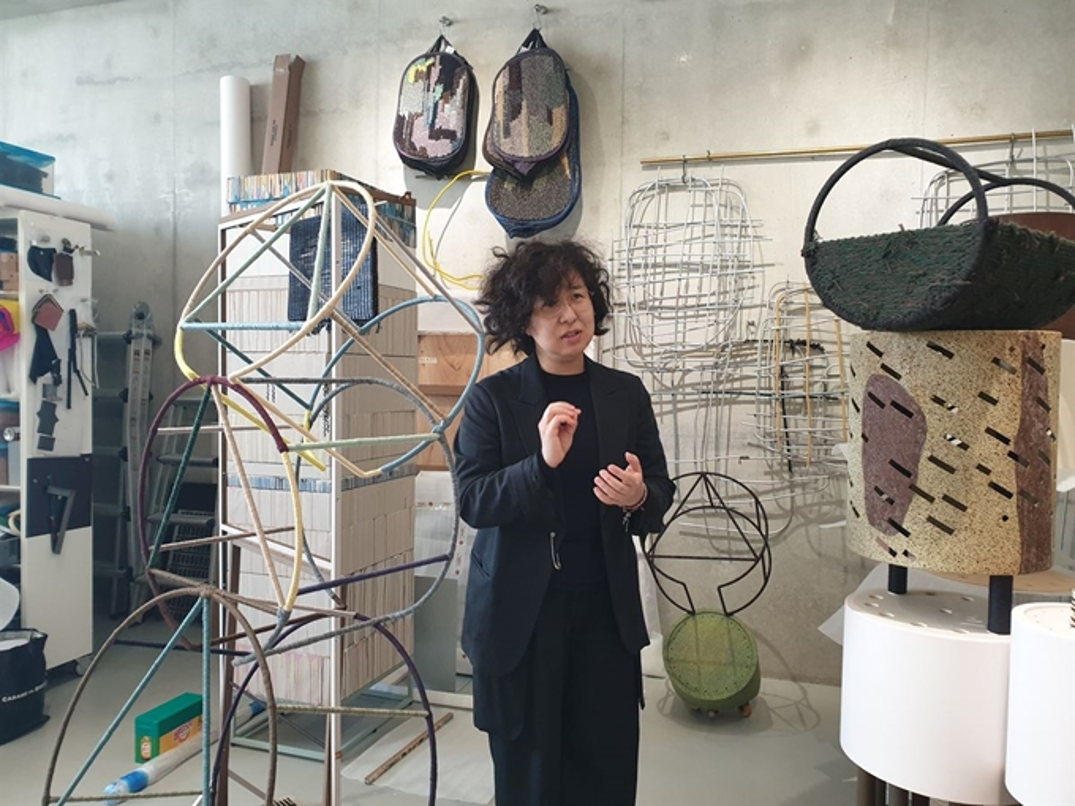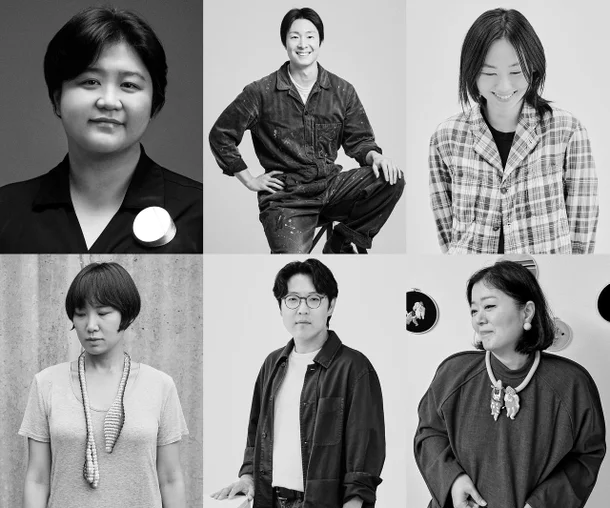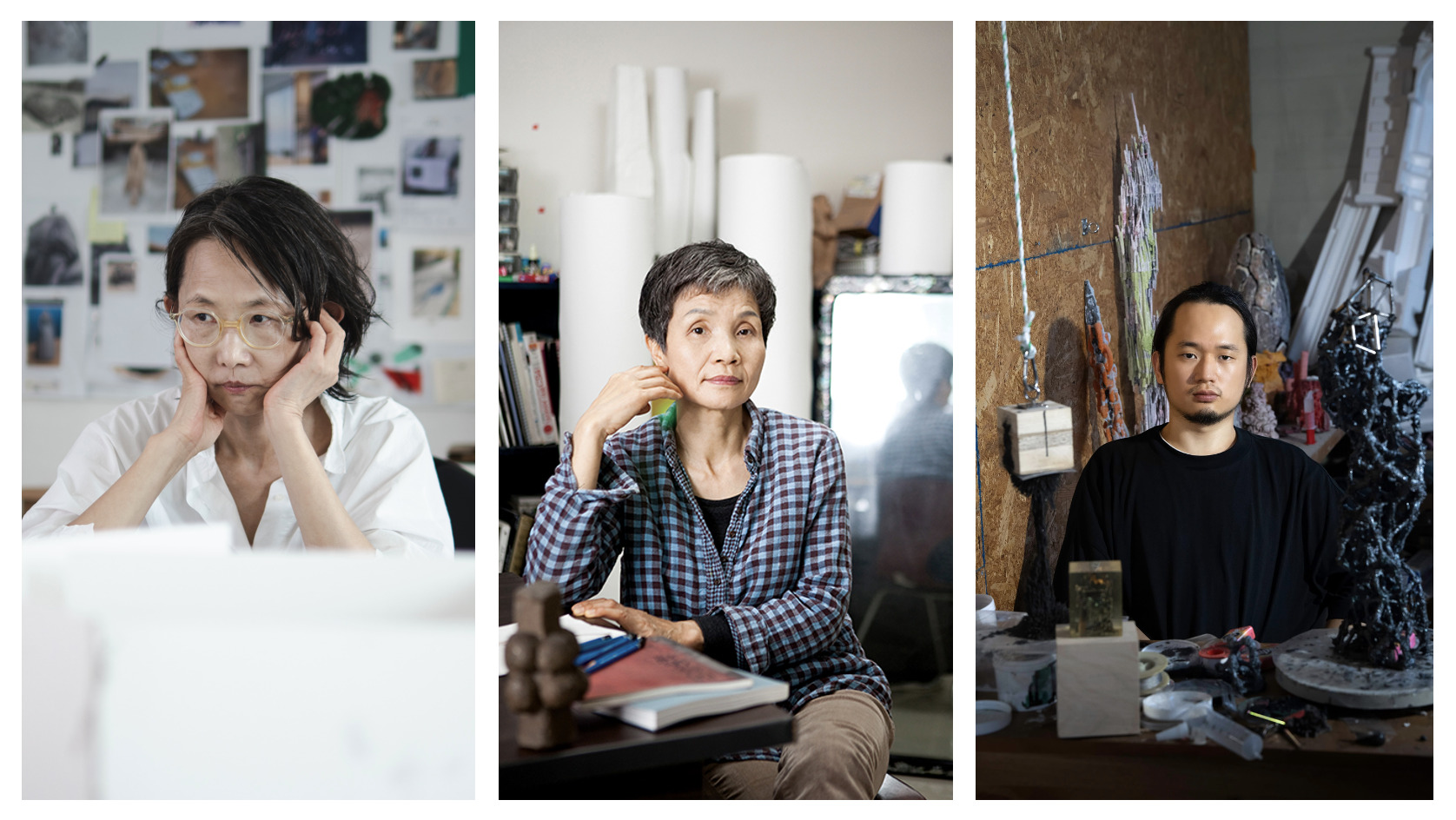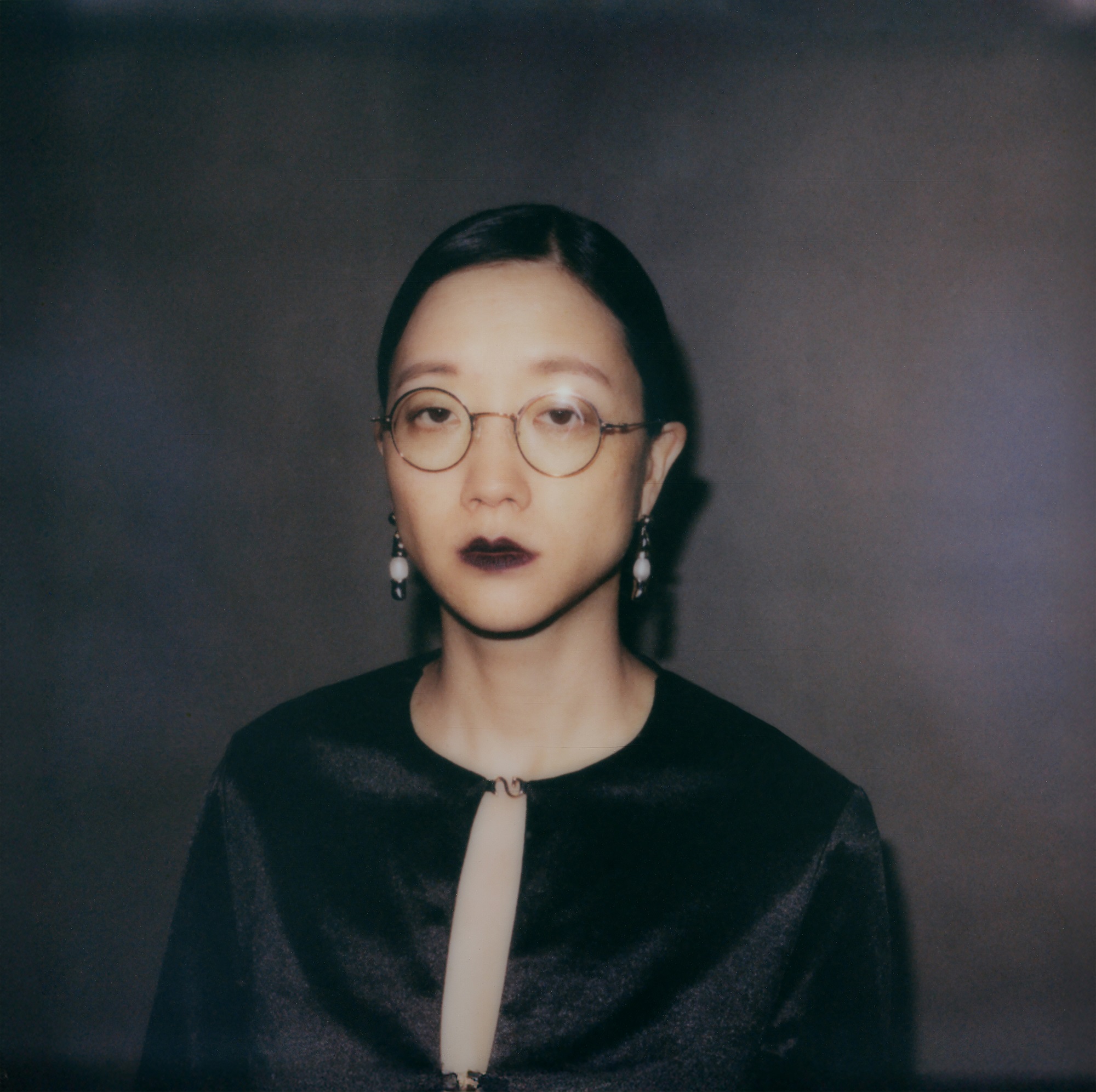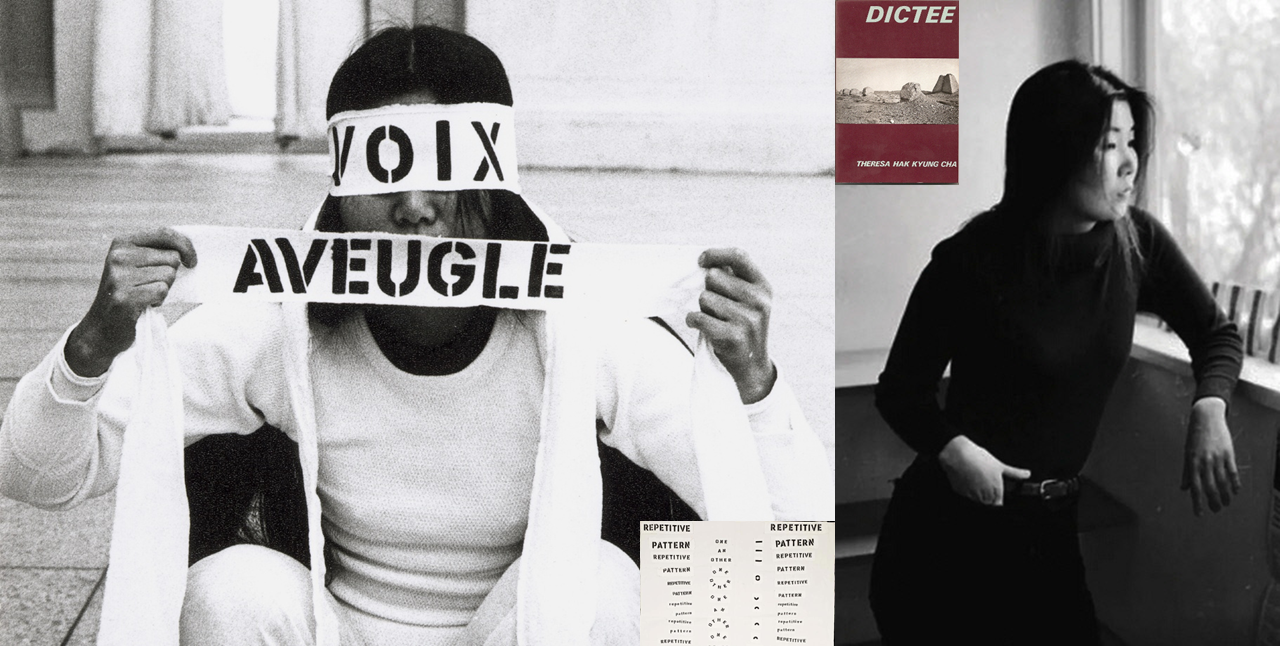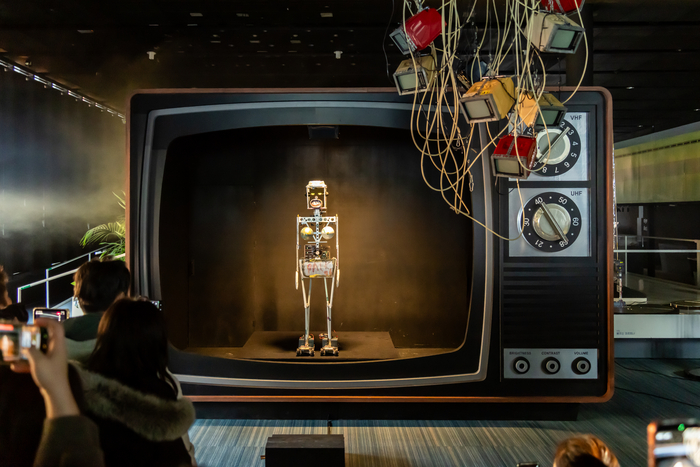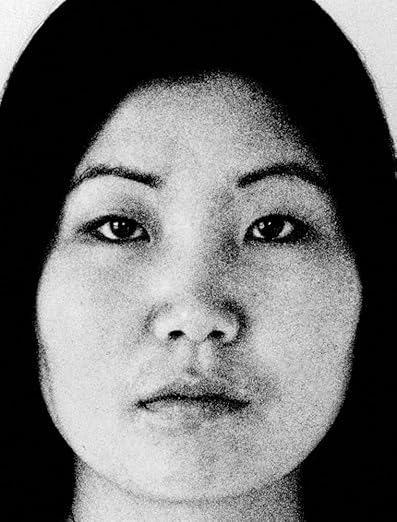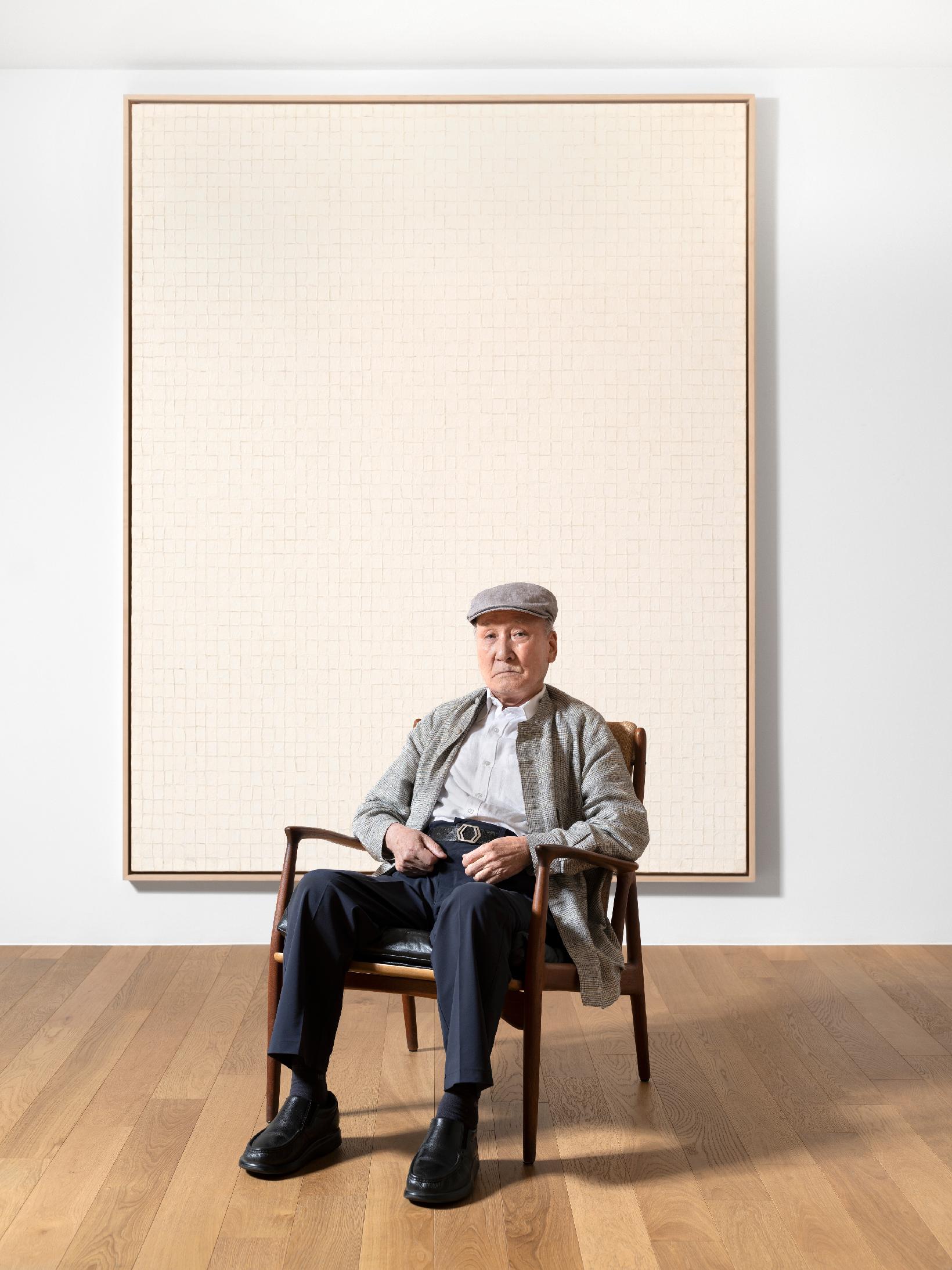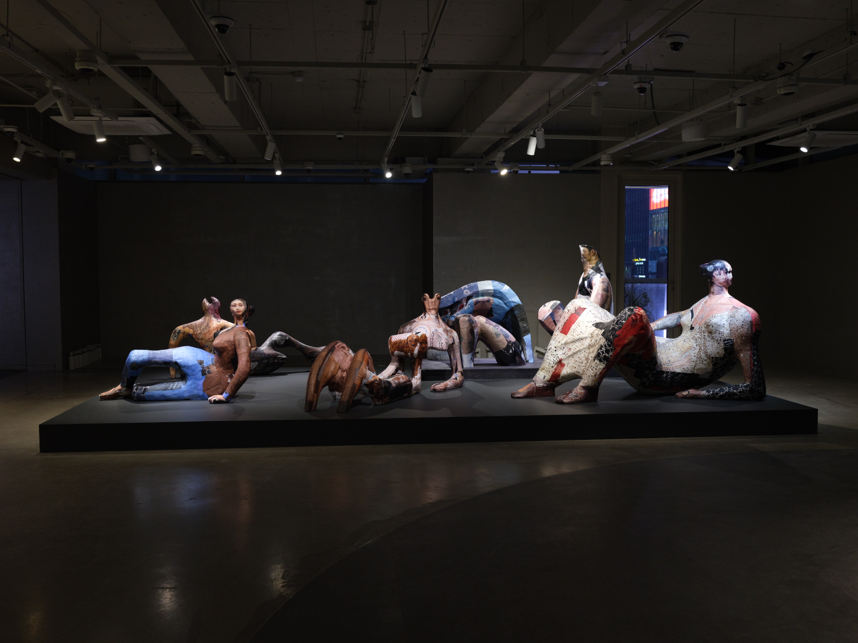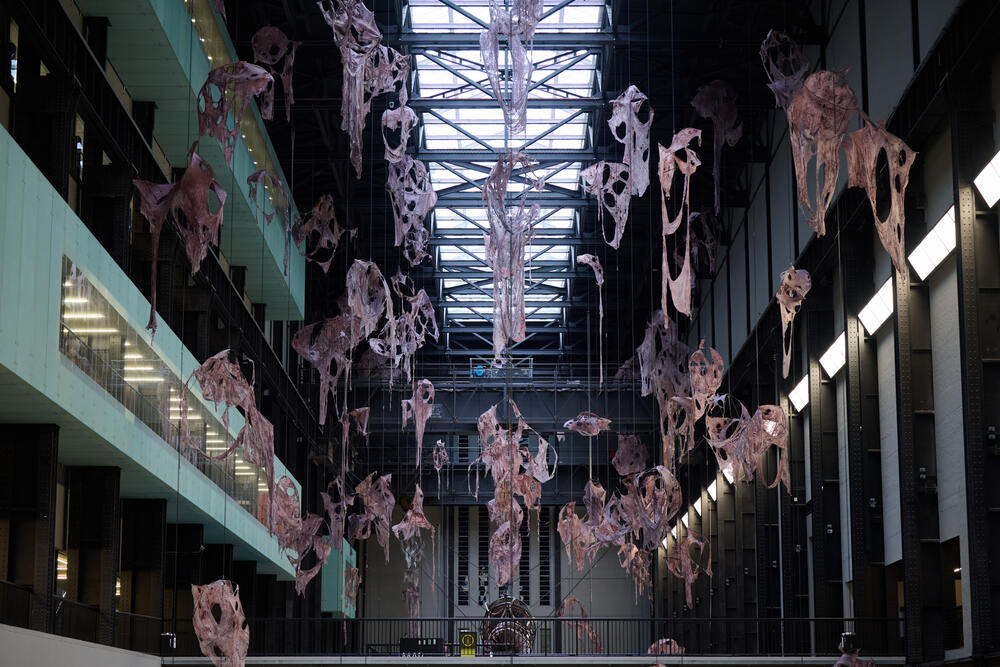 Installation view
of “Hyundai Commission: Mire Lee: Open Wound” ©Tate (Ben Fisher Photography)
Installation view
of “Hyundai Commission: Mire Lee: Open Wound” ©Tate (Ben Fisher Photography)Mire Lee (b. 1988), the artist
selected for this year’s ‘Hyundai Commission,’ is holding her solo exhibition
"Hyundai Commission: Mire Lee: Open Wound" at Tate Modern’s Turbine
Hall, which runs until March 16, 2025.
The ‘Hyundai Commission’ is an
exhibition project that has been presented annually since 2014 as part of the
partnership between Hyundai Motor and Tate. Each year, it showcases new
artworks in the large-scale exhibition space of Turbine Hall at Tate Modern.
With participation from world-renowned artists such as Philippe Parreno,
SUPERFLEX, and Anicka Yi, Mire Lee has been chosen as the ninth Hyundai
Commission artist, making her the first and youngest Korean artist to receive
this honor.
Based in Seoul and Amsterdam, Mire Lee
explores the possibilities of materials and forms through processes like
pouring, dropping, and inflating industrial materials such as steel, cement,
and silicone. She has expanded the boundaries of art by utilizing the power of
sculpture to impact not only the viewer but also the surrounding environment.
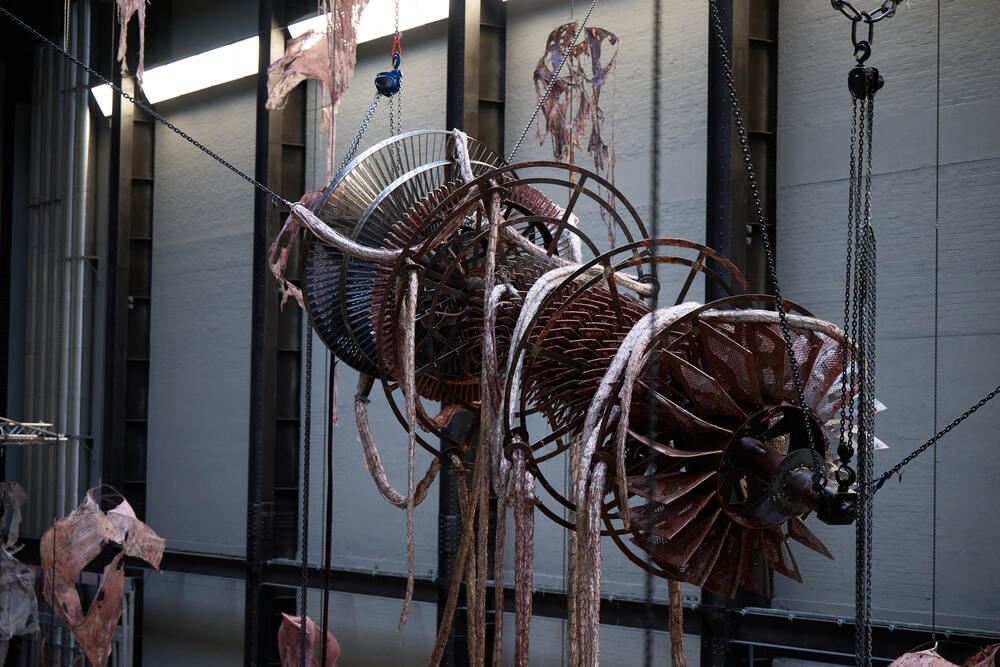 Installation view
of “Hyundai Commission: Mire Lee: Open Wound” ©Tate (Ben Fisher Photography)
Installation view
of “Hyundai Commission: Mire Lee: Open Wound” ©Tate (Ben Fisher Photography)This exhibition marks her first
large-scale show in the UK and is structured around the history of British
industry, as Tate Modern was once a former power station. Inside the exhibition
space, textile sculptures, described as "Skin," are suspended from
the ceiling, hanging from 49 metal chains. At the far end of Turbine Hall, a
7-meter-long turbine is attached to an old crane, which has been specially reactivated
for this exhibition.
In addition to the turbine, once
located at the heart of the former power station, Lee has removed part of the
outer surface of the bridge that crosses the hall, revealing the internal
structure and evoking the memory of the building's industrial past. Surrounding
the rotating turbine, silicone tubes emit a dark pink liquid, which collects in
trays below. These trays, lined with construction mesh-like fabric, absorb the
liquid and transform into new "skin" sculptures.
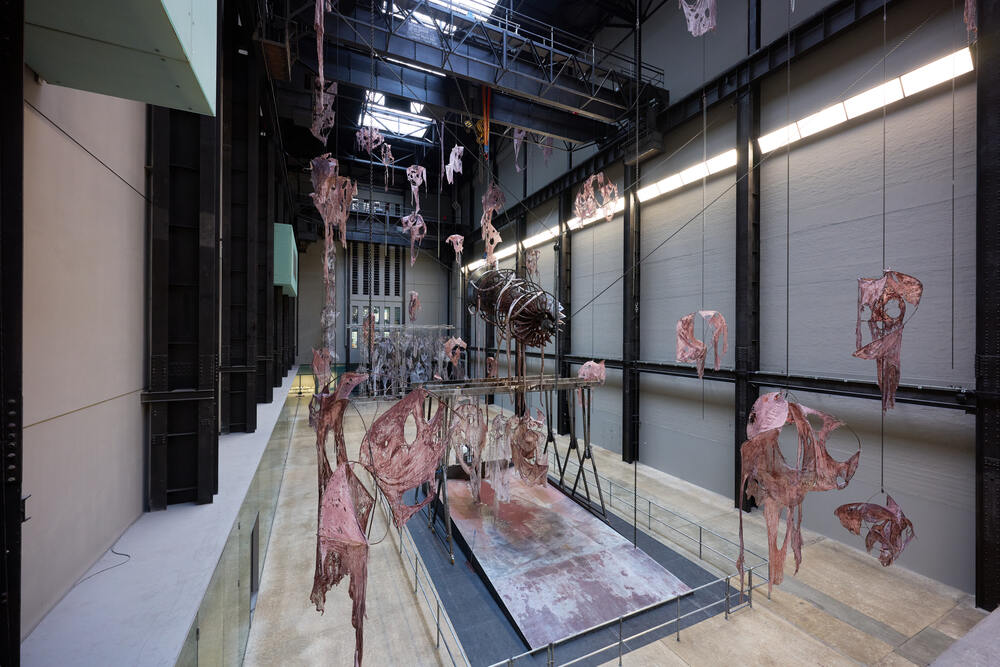 Installation view
of “Hyundai Commission: Mire Lee: Open Wound” ©Tate (Ben Fisher Photography)
Installation view
of “Hyundai Commission: Mire Lee: Open Wound” ©Tate (Ben Fisher Photography)During the exhibition, a technician
transfers these sculptures to a drying rack, creating a scene that resembles
both an artisan’s craft and a factory production line. Moreover, the landscape
of the hanging skin sculptures recalls the changing rooms where coal miners
would hang their clothes on pulleys, marking the boundary between work and
rest.
Lee finds a human element in the
slowly rotating turbine and creates a situation in which the building seems to
shed its skin as the number of “skin” sculptures gradually increases throughout
the exhibition. By doing so, she reveals the fragility of humanity while
emphasizing the need for human care and attention, exploring the cycles of
growth and decay throughout history.
This exhibition, which reflects Mire
Lee’s unique visual language using industrial materials, provides an
opportunity to experience the tension and harmony between humans and machines,
softness and hardness, interior and exterior, as well as individuals and the
collective, evoking a powerful emotional response.



